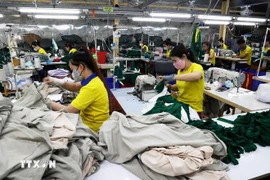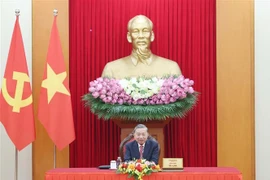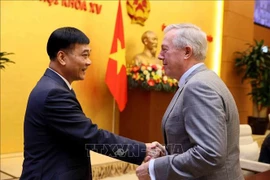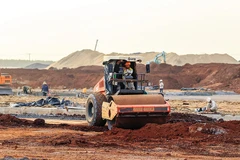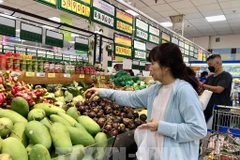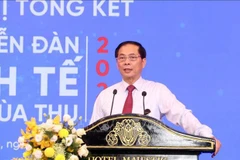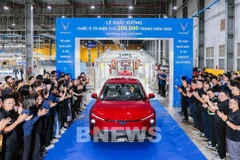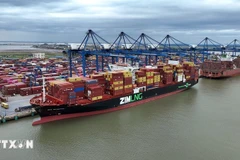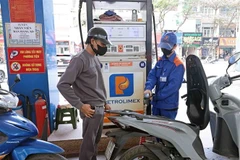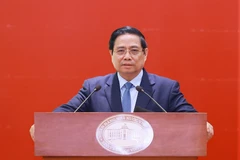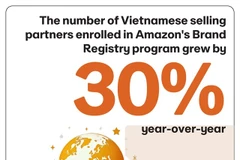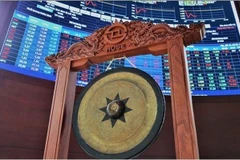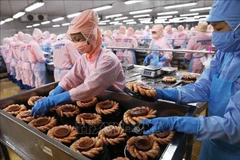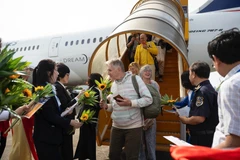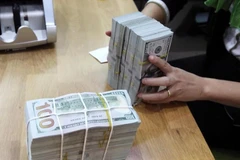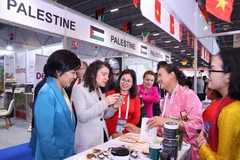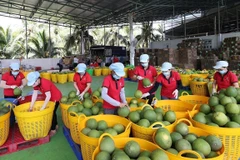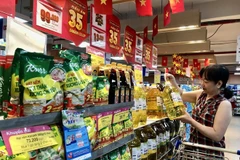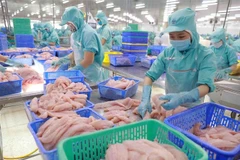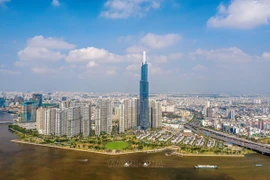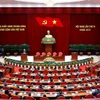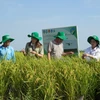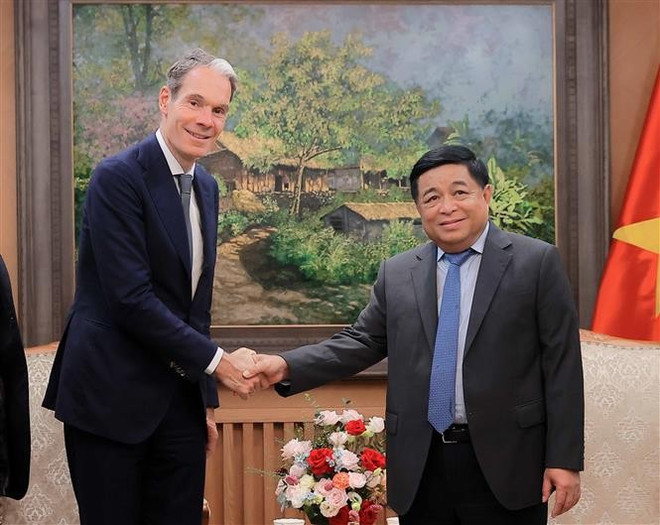
Hanoi (VNA) - Deputy Prime Minister Nguyen Chi Dung has called on the US food and beverage giant PepsiCo to move beyond its role as a major investor and become a “strategic partner” that accompanies the country’s development journey.
During a reception in Hanoi on July 4 for CEO of International Beverages and Executive Vice President of PepsiCo Global Eugene Willemsen, Deputy PM Dung commended PepsiCo’s global success and its contributions to Vietnam, particularly through its food manufacturing plant in Ninh Binh province (formerly Ha Nam) and its beverage facility in Tay Ninh province (formerly Long An).
He outlined Vietnam’s economic targets, including a growth of at least 8% in 2025 and double-digit growth from 2026 to 2030. To achieve this, the country is undertaking sweeping reforms, streamlining its administrative system, and adopting a two-tier local government model to foster opportunities and remove barriers for businesses and citizens.
The Deputy PM urged PepsiCo to integrate more Vietnamese businesses into its supply chain, expand its investments, and act as a bridge attracting other US companies and PepsiCo partners to Vietnam.
He also encouraged the company to advocate for favourable US tax policies on Vietnamese imports and support the transfer of knowledge, technology solutions, and management models to help local suppliers embrace digital transformation and green transition.
The Vietnamese Government, he added, is committed to creating a favourable and sustainable business environment for both domestic and foreign investors, encouraging PepsiCo to continue upholding corporate social responsibility, including investments in social and cultural projects, and support for the well-being of its Vietnamese workforce.
In response, Willemsen expressed PepsiCo’s readiness to accompany Vietnam in its pursuit of double-digit growth, stressing the company’s focus on research, development and digital transformation. He also welcomed Vietnam’s reforms in taxation, e-invoicing, administrative restructuring, and provincial mergers, while underscoring the importance of stable and predictable policies for sustainable and effective enforcement.
He proposed that PepsiCo be given a more active role in Vietnam’s policymaking process, allowing it to provide direct feedback on regulations affecting its industry.
PepsiCo, the world’s second largest food and beverage company with nearly 92 billion USD in revenue last year, has operated in Vietnam for over three decades. It has invested about 1 billion USD and now runs seven manufacturing plants and eight distribution centres in Vietnam, employing more than 15,000 locals./.
